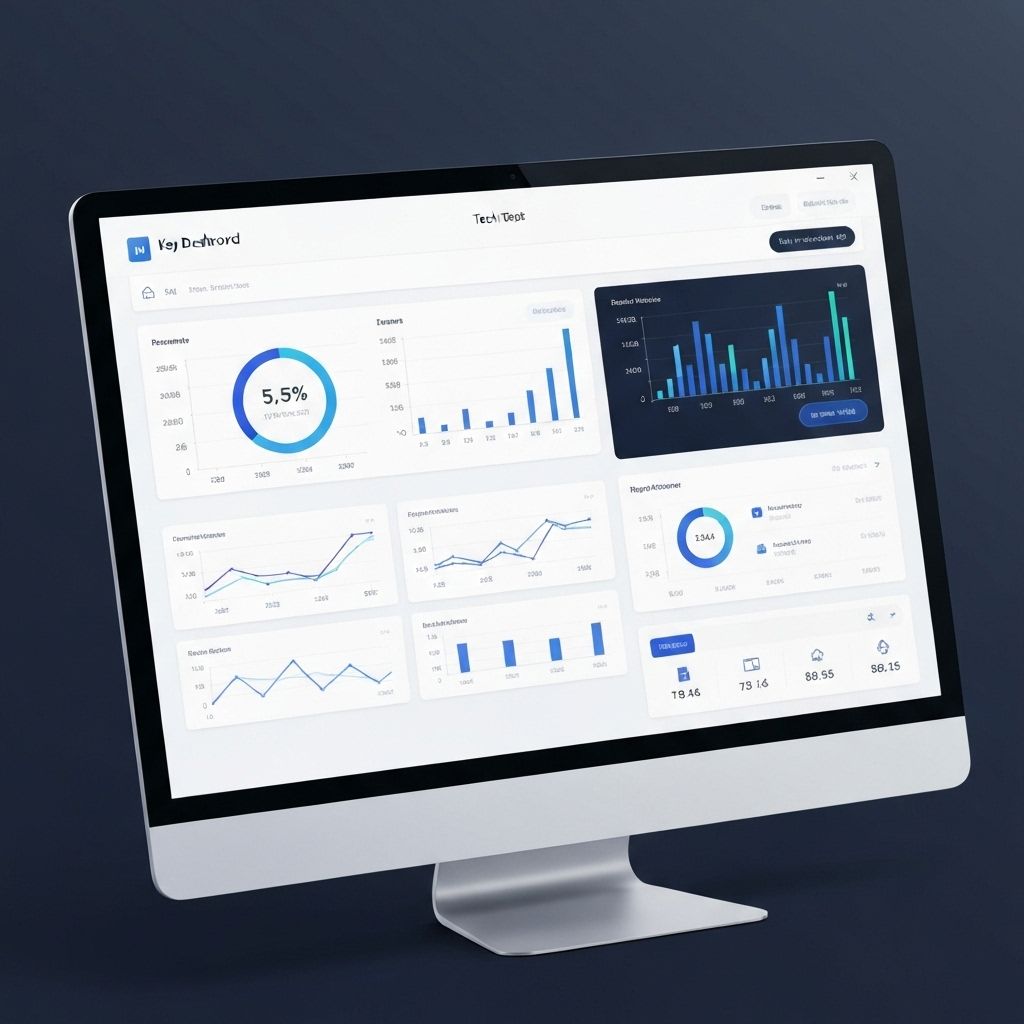Building ERP systems for East African enterprises requires a deep understanding of local business practices, regulatory requirements, and technological constraints. Over the years, we've learned valuable lessons that have shaped our approach to ERP development in the region.
The East African Business Landscape
Unlike Western markets, East Africa presents unique challenges and opportunities for ERP implementation:
1. Mobile-First Economy
Mobile penetration is incredibly high, with M-Pesa and other mobile money services being the primary financial transaction method for many. Any ERP system must seamlessly integrate with these platforms.
2. Diverse Regulatory Environments
Each country in East Africa has its own tax laws, compliance requirements (e.g., KRA in Kenya, URA in Uganda, TRA in Tanzania), and labor regulations. A generic ERP won't suffice.
3. Infrastructure Challenges
Unreliable internet connectivity and power supply in some areas necessitate robust offline capabilities and efficient data synchronization.
4. Cost Sensitivity
While businesses need powerful solutions, budget constraints are often tighter than in developed markets. Solutions must be cost-effective with a clear ROI.
5. Unique Business Processes
From informal supply chains to specific agricultural practices, East African businesses often have operational nuances not found elsewhere.
Our Approach to Tailored ERP Development
Based on these insights, Karibu WebDev has developed a methodology for building ERP systems that truly serve East African enterprises.
1. Deep Dive Localized Discovery
- Specific business workflows: How do you currently operate? What are your pain points?
- Local regulatory landscape: Tax laws, KRA/URA/TRA compliance, eTIMS integration.
- Payment ecosystems: M-Pesa, Airtel Money, T-Kash, card payments, mobile banking.
- Infrastructure realities: Internet stability, device usage (mobile vs. desktop).
- Cultural nuances: Communication styles, decision-making processes.
2. Modular and Scalable Architecture
- Start with core modules: Financials, Inventory, Sales, Purchasing.
- Add specialized modules as needed: Production, HR, CRM, Project Management, specific industry modules.
- Scalability: The system can grow with the business without requiring a complete overhaul.
3. Mobile-First and Offline Capabilities
- Mobile-responsive: Accessible and functional on any device.
- Offline-capable: Key modules can function without constant internet, syncing data when connectivity is restored.
- Designed for field operations: Enabling sales teams, inventory managers, and technicians to work effectively on the go.
4. Seamless Integration with Local Payment Gateways
- Native M-Pesa integration: For seamless mobile money transactions.
- MPesa/Mobile Money Reconciliation: Automated matching of transactions with bank statements.
- Integration with other mobile money providers: Covering the diverse financial landscape.
- Support for Bank APIs: Facilitating direct bank integrations where available.
5. Robust KRA/URA/TRA Compliance
- Automated tax calculations: Ensuring accuracy for VAT, income tax, etc.
- eTIMS/e-Invoice integration: Meeting government digital tax requirements.
- Audit-ready reporting: Generating reports that simplify tax filing and audits.
- Up-to-date with regulatory changes: We ensure our systems evolve with the law.
6. Cost-Effective and Transparent Pricing
- Affordable: Offering solutions that provide significant ROI.
- Transparent: Clear pricing with no hidden costs.
- Flexible payment plans: To accommodate business cash flows.
- Focus on TCO: Total Cost of Ownership, minimizing long-term expenses.
Key Features Tailored for East Africa
* Multi-Currency Support: Handle transactions and reporting in various currencies (KES, UGX, TZS, USD, EUR) with real-time exchange rate updates. * Multi-Company/Branch Management: Manage multiple legal entities or branches from a single system with consolidated reporting. * Localized Reporting: Generate reports compliant with local accounting standards and tax regulations. * User-Friendly Interface: Simple, intuitive design that requires minimal training, especially for users less accustomed to complex software. * Local Language Support: Options for English, Swahili, and other regional languages. * WhatsApp Integration: For notifications, approvals, and customer communication.
Success Stories in East Africa
1. Agricultural Cooperative (Kenya)
Challenge: Manual record-keeping, disparate data for crop yield, member contributions, and sales. Inefficient bulk purchasing. Solution: Custom ERP with modules for member management, inventory (fertilizers, seeds), production tracking, and sales. M-Pesa integration for member payments. Results: Reduced administrative overhead by 40%, improved transparency, better negotiation power with suppliers due to accurate demand forecasting.
2. Manufacturing Company (Uganda)
Challenge: Inefficient production planning, poor inventory control leading to stockouts and overstocking, difficulty tracking costs. Solution: ERP with production management, BOM (Bill of Materials), real-time inventory tracking, and cost accounting. Integration with local accounting software. Results: Increased production efficiency by 25%, reduced inventory holding costs by 20%, improved cost accuracy for product pricing.
3. Distribution Business (Tanzania)
Challenge: Managing multiple distributors, complex sales channels, tracking goods across different regions, handling various payment methods. Solution: ERP with advanced inventory management, multi-location support, sales force automation, and integrated payment gateway for mobile money and bank transfers. Results: Improved sales tracking, reduced disputes with distributors, faster order fulfillment, better cash flow visibility.
The Karibu WebDev Advantage
We are more than just software developers; we are your local partners in digital transformation.
- Deep Regional Expertise: We live and work in East Africa; we understand the market.
- Agile Development: We adapt to your needs and deliver solutions iteratively.
- Dedicated Local Support: Fast, responsive support in your time zone and language.
- Partnership Approach: We work with you to ensure the ERP system becomes a strategic asset.
Conclusion
Building ERP systems for East African enterprises is challenging but incredibly rewarding. By combining robust technology with a deep understanding of local context, we can empower businesses to overcome operational hurdles, achieve sustainable growth, and compete effectively in the global market.
If you're an East African business looking for an ERP solution that truly understands your needs, let's talk.
Contact Karibu WebDev today to discuss your custom ERP requirements.
Call/WhatsApp: [Your Number] Email: [Your Email] Website: www.karibuwebdev.com





